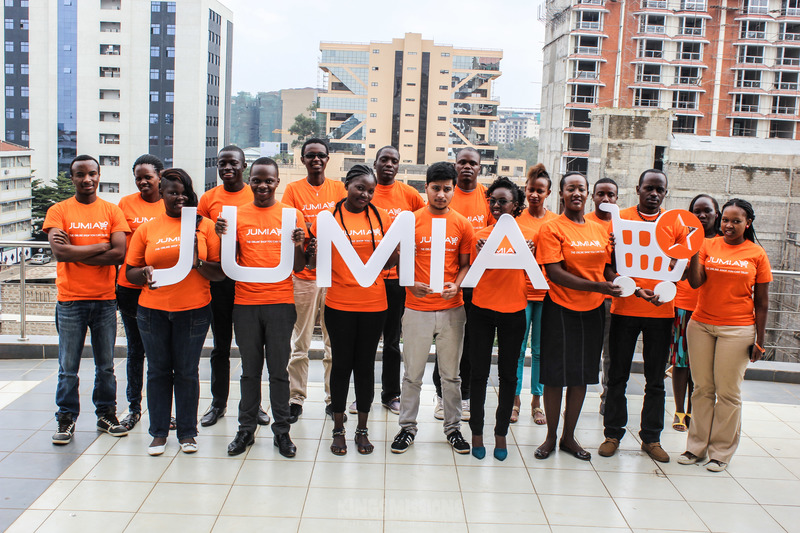E-commerce emerges as a symbol of convenience, revolutionizing shopping experiences, interactions, and business operations. With just a few clicks, customers can access a wide variety of products, compare prices, and receive deliveries at their doorsteps, all while enjoying the comfort of their homes. This transformation in retail has undeniably empowered millions, providing unmatched access to goods and services.
However, amidst this digital transformation, a substantial segment of the population remains disconnected from e-commerce’s advantages, particularly those residing in rural areas. The data from Statista highlights this disparity, revealing that only a small portion of Nigeria’s rural population has access to e-commerce platforms. Internet penetration rates in rural regions lag significantly behind urban centers.
This digital divide hinders rural entrepreneurs and artisans from exhibiting their products on a global stage, limiting their growth potential and overall prosperity.
At Jumia Nigeria, we are committed to the belief that every individual, irrespective of their location, deserves the chance to experience the benefits of e-commerce. To address this challenge, we have initiated the JForce program, a grassroots effort aimed at extending e-commerce services to secondary cities within Nigeria. By involving individual sales consultants, this program bridges the gap between urban and rural areas.
In regions where digital literacy is limited, JForce representatives build trust through personalized interactions and word-of-mouth marketing. Our mission is to close the digital divide, empowering rural customers to overcome geographical limitations and effortlessly access a variety of products.
To further strengthen JForce’s foundation, we have established numerous pickup stations and collaborated with reliable logistics partners to expedite product deliveries to secondary cities and rural regions. Strategically positioning these pick-up points across diverse rural communities ensures accessibility even in the most remote corners of Nigeria. This enables customers to overcome geographical barriers and easily access various products.
In alignment with our commitment, we have successfully extended our services to towns like Modakeke in Osun, Nkpor in Anambra, Owo in Ondo, Offa in Kwara, and Keffi in Nassarawa, as well as Port Harcourt, where e-commerce was previously unexplored. This expansion also demonstrates our dedication to democratizing access to e-commerce, guaranteeing that no community is overlooked in the digital era.
As per the International Global Economic Outlook report by KPMG, a leading global audit and tax advisory firm, Nigeria’s unemployment rate is projected to rise to 40.6 percent in comparison to 2022’s 37.7 percent. Unemployment carries significant consequences for a nation, such as increased poverty, social instability, and impeded economic growth and development. Consequently, our expansion into rural communities goes beyond economic transactions.
It catalyzes entrepreneurship, fortifying local economies and enhancing overall quality of life. Through the Jumia JForce initiative, we are also creating job opportunities and empowering rural businesses and entrepreneurs financially. The JForce program currently boasts over 30,000 independent local sales consultants, who play a vital role in fostering consumer education and unlocking the potential of rural entrepreneurship.
Jumia, through its innovative approaches and strategic partnerships, is leading the charge for inclusive economic growth and digital empowerment. This enables every individual, irrespective of their location, to partake in and reap the benefits of the e-commerce transformation. By doing so, Jumia ensures that no one is left behind in the digital era and fosters a more equitable and connected society.




